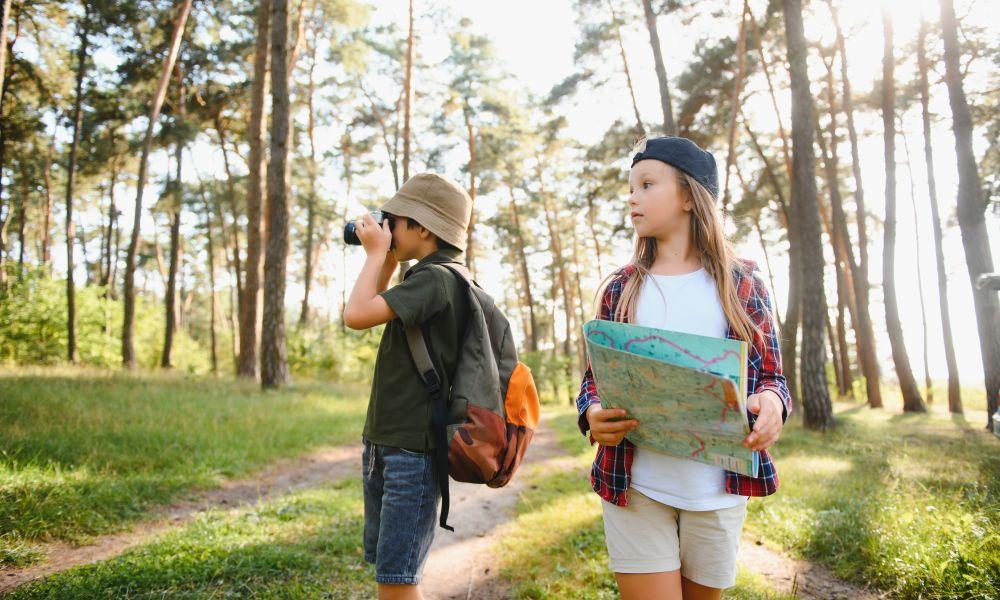Welcome to this edition of Researching education: 5 further readings. In this series, we take a look at some further readings available on a particular topic, including open access research papers from various online databases, and Teacher archive content you might not have come across yet.
In this edition of Researching education: 5 further readings, we’re sharing 5 pieces of content on the topic of outdoor and environmental education. In the below resources, you can read about the experience of one Australian school introducing a hybrid model for year 7 camp, access an open-access book offering practical advice for teaching outdoor education, and more.
- Balancing challenge with belonging: The case for a hybrid model of year 7 camps. This 2021 special edition of the Australian Journal of Middle Schooling features an article from Australian educators Dylan Chalwell and Alison Fell, who are reflecting on their introduction of a hybrid model for year 7 camp. Year 7 camp at the school was traditionally a full outdoor education program, but staffing issues meant a hybrid model was introduced in 2021 to ensure the camp’s continuation. The authors share how they planned for the hybrid program and the strengths of the model.
- A teachers guide to outdoor education curriculum: Victorian edition. This open-access book from Federation University and Australian Catholic University aims to offer practical advice and guidance to both pre-service teachers and teachers who are teaching outdoor education in Victoria. The book includes chapters on lesson planning, the curriculum and the Victorian Certificate of Education Outdoor and Environmental Studies (VCE OES).
- Young and wise: A review of what Australian children and young people say they need to thrive. A key recommendation of this report that consulted children and young people on what they need to thrive, is prioritising the environment. Published by the Australian Research Alliance for Children and Youth (ARACY), the report says, ‘every age group referred to the importance of the natural environment to their sense of safety and overall wellbeing.’
- Cross disciplinary teaching: A pedagogical model to support teachers in the development and implementation of outdoor learning opportunities. In light of observing a reduction in outdoor learning opportunities for school students, this paper presents an evidence-based model to support teaching practice in the area. ‘The authors anticipate that this model, coupled with the applied examples will support teachers in planning and facilitating outdoor learning experiences that motivate and inspire students.’
- Learning with place: Exploring nature connection practices on Earth Kids programme. This 2023 paper focuses on a nature connection homeschool program primary school-aged children in Brisbane participated in. ‘This article focuses on some of the nature connection practices used in the programme, which are conducted alongside other activities including gardening, bushcraft skills, games and learning from guest presenters including First Nations people,’ the paper reads.
Some of the resources featured in this article can be found through Cunningham Library Catalogue and EdResearch Online. At the links below, you can search for more resources on the topic of outdoor and environmental education in these 2 online databases.
You can also browse other education topics at this page.
The Cunningham Library membership is open to individuals, schools and organisations. Membership includes access to a comprehensive collection of education research literature; weekday alerts to a selection of Australian education news; fast supply of articles and books from the collection; support in finding research; and an integrated online search tool that works across all our resources.
To become a library member, visit the website.
Editor's note: This article was updated on 6 May 2025 to clarify that resource 2 is a collaboration between Federation University and Australian Catholic University. We apologise for the error.



